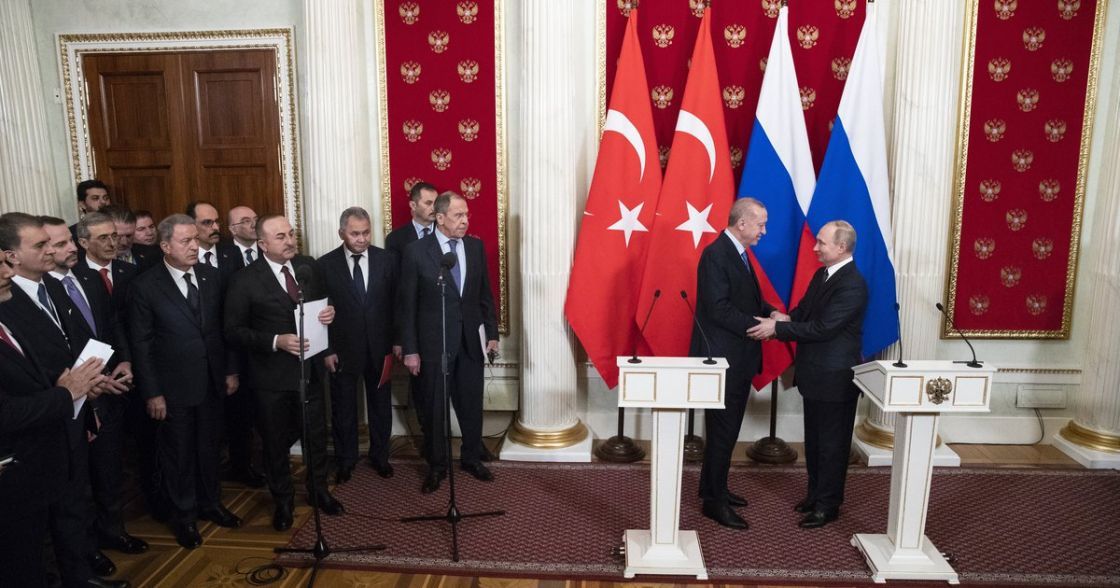- Editorials
- Posted
Moscow Agreement and the Bitter Disappointment
The agreement signed by the Russian and Turkish presidents on the fifth of this March represented a great shock, and even bitter disappointment for the US, and for the hardliners from both sides of the Syrian crisis who are hostile towards the political solution, and who have been wishing that the differences between Russia and Turkey would reach the point of ultimate explosion of Astana, and perhaps even the explosion of Turkey itself from within.
The disappointment was evident through the US veto at the UN Security Council against the agreement, and earlier in the unprecedented enthusiasm for declaring the death of Astana. The first thing to say about the agreement is that it is not a new agreement in essence, but it is exactly a reinforcement of the Sochi Agreement itself, with some additional details on the mechanisms of the final implementation. That is, what gives this agreement its momentum is not the details it contains, but its timing and the context in which it was reached.
Any astute observer can notice that Washington and its agents from the various parties have focused their efforts throughout the past period on escalating the tension between Russia and Turkey, day after day and very actively, hoping it would reach an explosive threshold. In the same context, they had prepared complete and precise – from their “point of view” – which included a large number of escalation actions and tools, which some day will be more clearly revealed.
The overall result of this was not zero on the US scale; to the contrary, it was a large negative score for the US. The rock that gets placed in the path of history’s wheel for the purpose of stopping it, if it fails to do so, it will turn into a source of additional potential energy that the wheel gains by jumping high then continues spinning at a higher acceleration. In concrete terms, the Astana format is no longer vulnerable; rather, it has achieved deeper understandings than before, after all the attempts to undermine it, and it became completely impervious to any Western attempts to disrupt it.
More importantly, the road ahead for Astana is now paved towards removing the last obstacles in the way of reaching a comprehensive implementation of UNSC resolution 2254; that is removing al-Nusra and the like, as well as removing the US occupation of part of northeastern Syria.
What is striking in the storm that Astana went through in the past months, only to emerge stronger, is that the hardliners on both sides spared no effort to support the US, directly or indirectly, in attacking Astana.
In this context, we can distinguish the reverberations of what was whispered into the Coalition’s ear prior to the agreement, which convinced them that Astana had come to an end, and they started basing their political behavior on this and constrained themselves by a number of statements that have now become a source of mockery. This was not the first time that the same side whispers lies in their ears, and they believe them and fall in the same trap! The hardliners on the opposite side were no better, as they placed their bets on the disintegration of the Astana alliance, to the point of gambling away almost everything.
Curbing the Turkish aggression and restoring matters to the right track within the Sochi Agreements and the Astana track, which has been reinforced through the recent Moscow agreement, is merely one big and decisive step towards reaching implementation of UNSC resolution 2254. Thus, it is no wonder that many feel disappointed!
Kassioun Editorial, Issue No. 956, March 9, 2020


